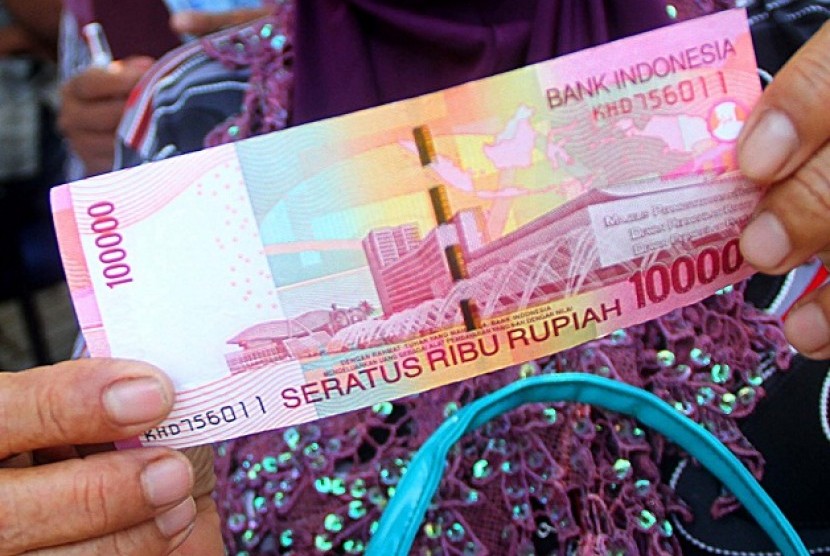REPUBLIKA.CO.ID, SEMARANG – Eradication of poverty in Indonesia is not only carried out by government, but also by charity foundations or zakat. Without zakat, government could not eradicate the poverty to create social equity and welfare, a Muslim scholar, Azyumardi Azra, said on Tuesday.
“Indonesia is lucky because of the increasing involvement of non-governmental organizations,” Azra said in a discussion in Sixth National Forum of Alms in Gumaya Hotel Tower, Semarang, Central Java.
He quoted a CNN Wire 2011 survey, revealing that Indonesian Muslims are generous. Therefore, he believes that zakat help Indonesian people in poverty eradication.
Azra added Indonesian Muslim was more generous compared to other countries. He said, the survey result of CNN Wire, London, on July 20, 2011, mentioned Muslim had the highest percentage of generosity than other religions, which was 61 percent.
Compared to other countries, Indonesia gets the highest rank in philanthropic rate, which is 91 percent. He said the increasing Muslims’ generosity were the increasing of awareness to Islamic values and the growing economy in Indonesia.
Through philanthropic act, such as zakat, infaq, sadaqah (ZIS) and waqf (grant), they can build social equity. Azra criticized the government’s poor management on maintaining social equity. “Too much corruption in our government,” he said.
Data released by the National Zakat Agency (Baznas) mentions the impact of zakat distribution is to decrease the number of poor family is 21.10 percent or about nine to 10 million. The eradication of poverty without zakat can be done in seven years, but with zakat it can be done in five years.
The Chairman of Baznas, Didin Hafidhuddin, said zakat and its administrator played an important role on the welfare of Indonesian people. He expected the government and zakat management to build better synergy.


